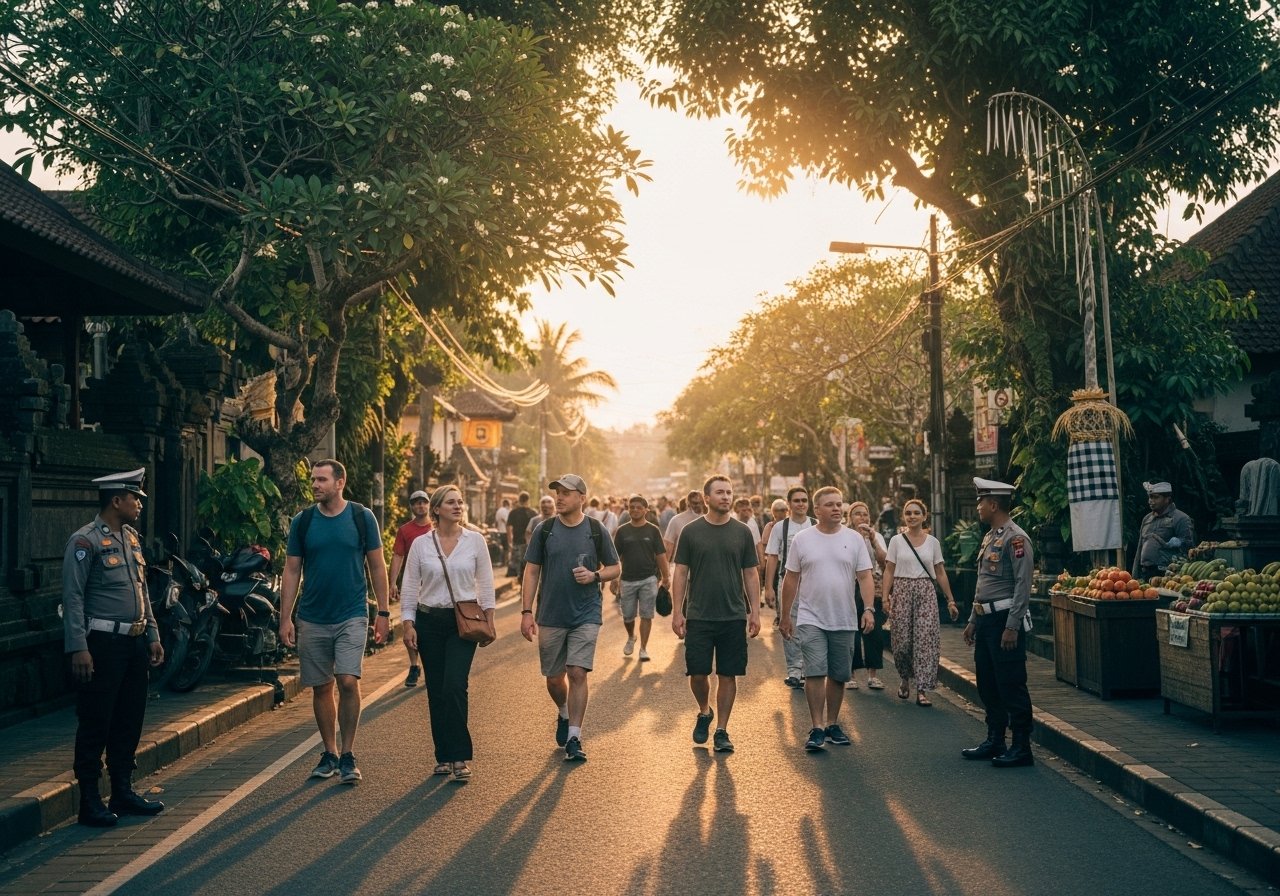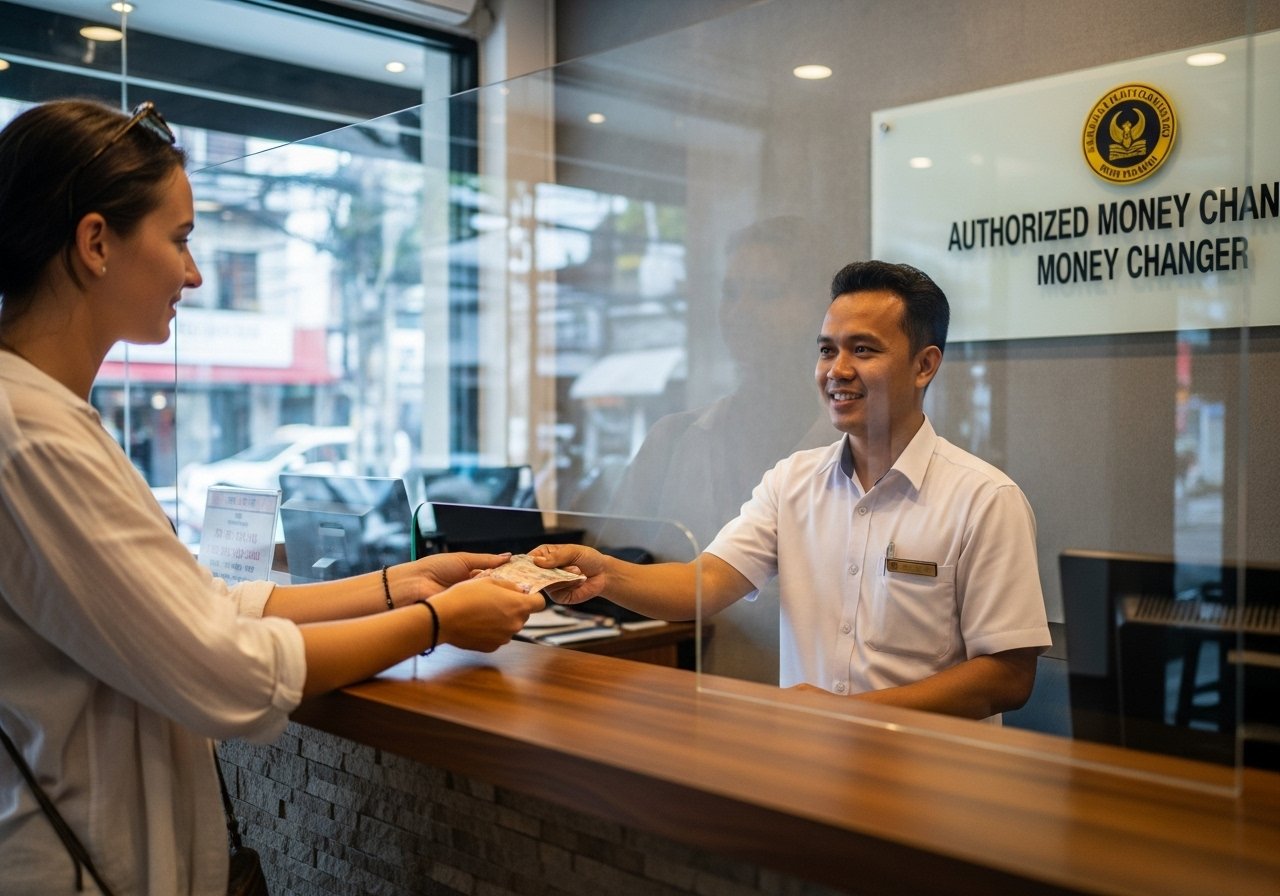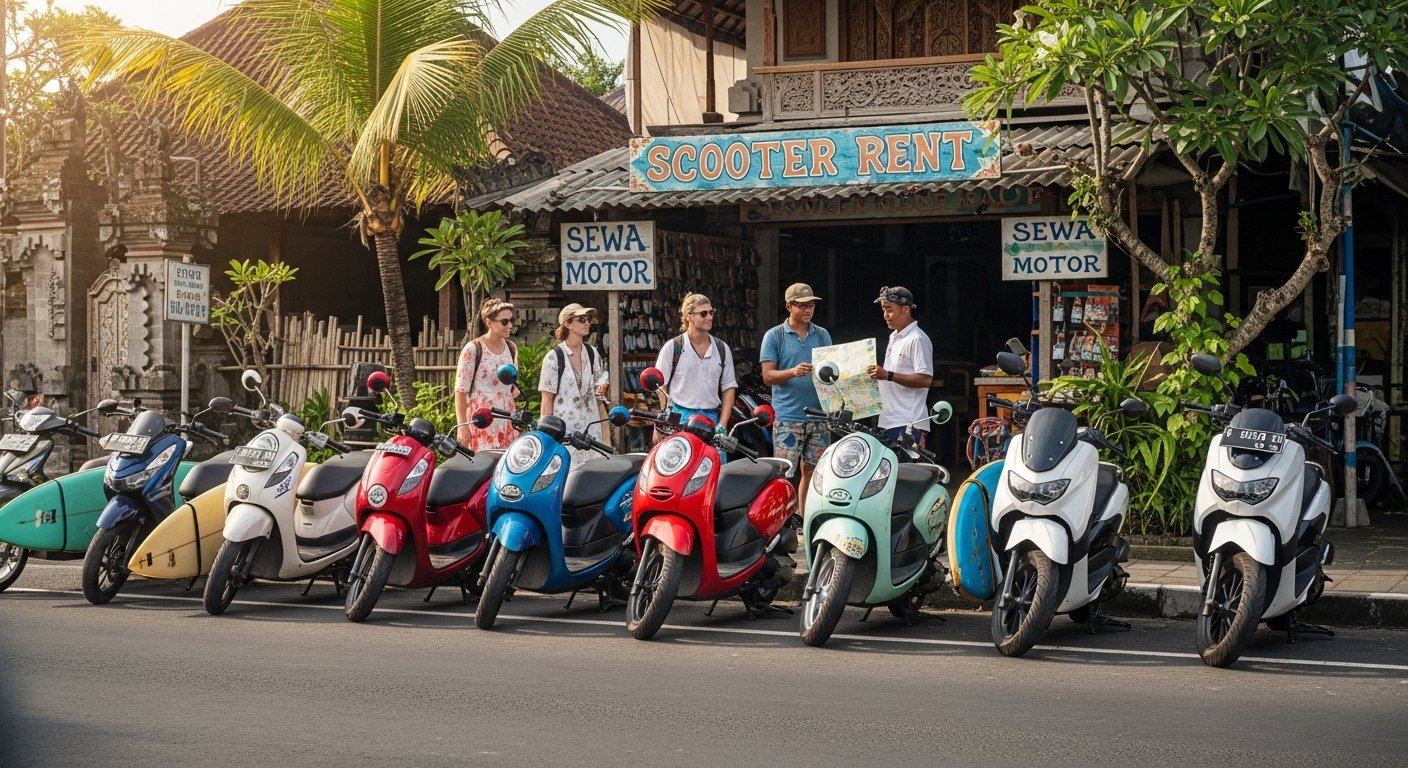Is Bali Safe for Tourists in 2025? Current Safety Overview
Bali remains a safe destination for international travelers in 2025, with robust tourism infrastructure and comprehensive safety measures in place. Despite occasional concerns, the island continues to welcome over 6 million tourists annually with minimal serious incidents, making it one of Southeast Asia’s most reliable and welcoming destinations.
Latest Tourism Statistics and Safety Data
The 2024-2025 tourism data paints an overwhelmingly positive picture of Bali’s safety landscape. Government records show that approximately 6.2 million international visitors experienced minimal safety issues during their trips in 2024, representing a remarkable safety track record for a popular tropical destination.
Violent Crime Rates:
- Tourist Areas: Extremely low crime rates in primary destinations like Seminyak, Ubud, and Canggu.
- Police Presence: Increased security measures, particularly in high-traffic tourist zones.
- Government Initiatives: Continued enforcement of strict tourism safety protocols, building upon lessons learned from historical incidents in 2002 and 2005.
💡 Pro Tip: While Bali is safe, always maintain standard travel precautions like keeping valuables secure and being aware of your surroundings.
Top Safety Concerns for Visitors
1. Traffic Accidents
The most significant risk for tourists remains road-related incidents. Bali’s chaotic traffic conditions demand heightened awareness:
- Motorcycle Accidents: Primary concern for young travelers
- Recommended Safety Measures:
- Always wear a helmet
- Use reputable transportation services
- Avoid driving if you’re inexperienced with local traffic patterns
2. Petty Theft and Pickpocketing
While serious crime is rare, opportunistic theft can occur in crowded areas:
- High-Risk Locations:
- Kuta Beach
- Ubud Market
- Busy night markets
- Prevention Strategies:
- Use anti-theft bags
- Keep minimal cash on hand
- Use hotel safes for passports and expensive items
3. Tourist-Targeted Scams
Awareness is your best defense against potential tourist traps:
- Common Scams:
- Overpriced transportation
- Fake tour packages
- Unofficial currency exchange services
- Protection Tactics:
- Book through verified platforms
- Confirm prices before services
- Use official exchange counters
4. Natural Hazards
Bali’s beautiful landscape comes with inherent environmental risks:
- Volcanic Activity: Mount Agung monitoring continues
- Rainy Season Challenges: Potential flooding in low-lying areas
- Recommended Preparations:
- Check local weather forecasts
- Purchase comprehensive travel insurance
- Stay informed about potential environmental advisories
💡 Pro Tip: Register with your country’s embassy or consulate before traveling for emergency support and real-time safety updates.
Conclusion: Bali Remains a Safe, Welcoming Destination
While no destination is without risks, Bali in 2025 offers a remarkably safe and enjoyable experience for well-prepared travelers. By staying informed, practicing common-sense precautions, and respecting local customs, you’ll likely enjoy a trouble-free, memorable island adventure.
Frequently Asked Questions About Bali Safety
Q: Is Bali Safe for Tourists Now?
A: Bali remains a generally safe destination for tourists, with millions of travelers visiting annually without major incidents. While petty crime like pickpocketing and scams exist, most tourists have safe and enjoyable experiences by taking standard precautions. It’s recommended to stay aware of your surroundings, secure your belongings, and avoid isolated areas, especially at night.
Q: Is It Safe to Walk in Bali at Night?
A: Walking in Bali at night requires extra caution, particularly in less populated or poorly lit areas. Stick to well-lit, touristy zones like Seminyak, Kuta, and Ubud, and avoid walking alone in remote locations. It’s advisable to use ride-sharing apps or licensed taxis for transportation after dark.
Q: Is Bali or Thailand Safer?
A: Both destinations are relatively safe for tourists, but they have different safety profiles. Bali tends to have lower crime rates in tourist areas, while Thailand has more varied safety conditions depending on the specific region. Both countries require standard travel precautions like being aware of your surroundings and protecting personal belongings.
Q: When Should I Avoid Traveling to Bali?
A: Consider avoiding Bali during the rainy season (October to April), which can bring flooding and landslides. Additionally, skip travel during major religious ceremonies like Nyepi, when the entire island essentially shuts down. The peak of the COVID-19 pandemic also previously restricted travel, but current conditions have significantly improved.
Q: What Are the Biggest Safety Concerns in Bali?
A: The primary safety concerns in Bali include petty theft, traffic accidents, natural hazards like volcanic activity, and occasional scams targeting tourists. Motorbike accidents are particularly common, so exercise caution if renting a scooter. Be wary of drink spiking, street vendors’ aggressive tactics, and potential pickpocketing in crowded areas.
Q: Is Bali Safe for Tourists at Night?
A: Bali can be safe for tourists at night if you take proper precautions. Stick to well-populated tourist areas, travel in groups, use reputable transportation, and avoid displaying expensive items. Popular areas like Seminyak, Canggu, and Ubud have decent nighttime safety, but always remain alert and aware of your surroundings.
Q: Is It Safe to Walk Alone in Bali?
A: Walking alone in Bali is possible but requires careful planning and awareness. Stay in well-populated, well-lit areas during daylight hours, avoid isolated locations, and be cautious of your surroundings. In more remote or less touristy areas, it’s recommended to travel with a companion or use reliable transportation.
Q: Is It Safe to Walk in Seminyak at Night?
A: Seminyak is generally considered one of the safer areas in Bali for nighttime walking, with many restaurants, bars, and well-lit streets. However, standard precautions are still necessary: stay in populated areas, be aware of your surroundings, and avoid walking alone in poorly lit or isolated locations.
Q: Is It Better to Go to Bali or Thailand?
A: The choice between Bali and Thailand depends on personal preferences. Bali offers unique cultural experiences, beautiful landscapes, and a more laid-back atmosphere, while Thailand provides diverse attractions, more developed tourism infrastructure, and potentially lower costs. Consider your interests in culture, beaches, cuisine, and budget when making your decision.
Q: Is Thailand or Bali Cleaner?
A: Cleanliness can vary in both destinations. Thailand has made significant improvements in urban cleanliness, particularly in tourist areas. Bali struggles more with environmental waste and plastic pollution, though many regions are actively working on sustainability efforts. Both destinations require responsible tourism practices from visitors.
Q: Which Is Cheaper, Thailand or Bali?
A: Thailand is generally considered slightly cheaper than Bali, offering more budget-friendly accommodation, food, and transportation options. Bali has become more expensive in recent years, especially in popular tourist areas like Seminyak and Canggu. However, both destinations offer a range of options for different budget levels.



